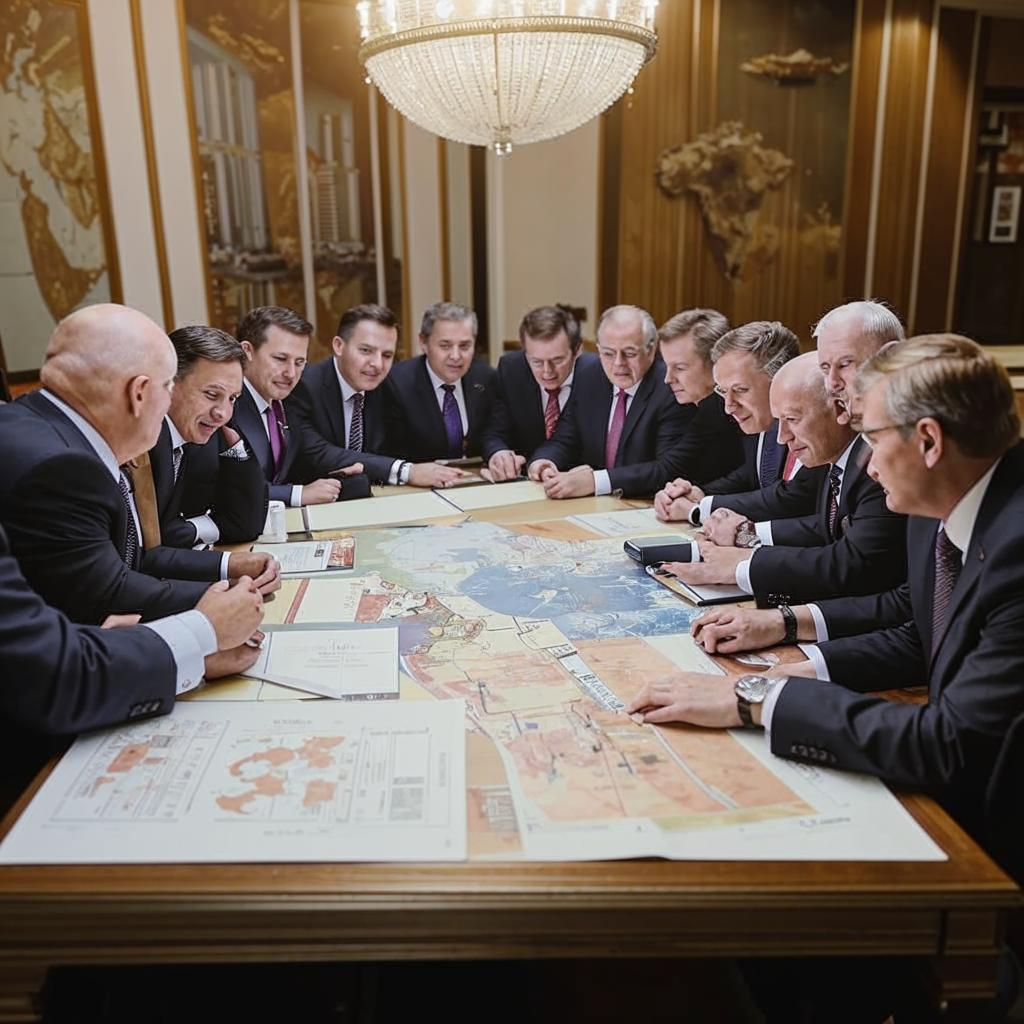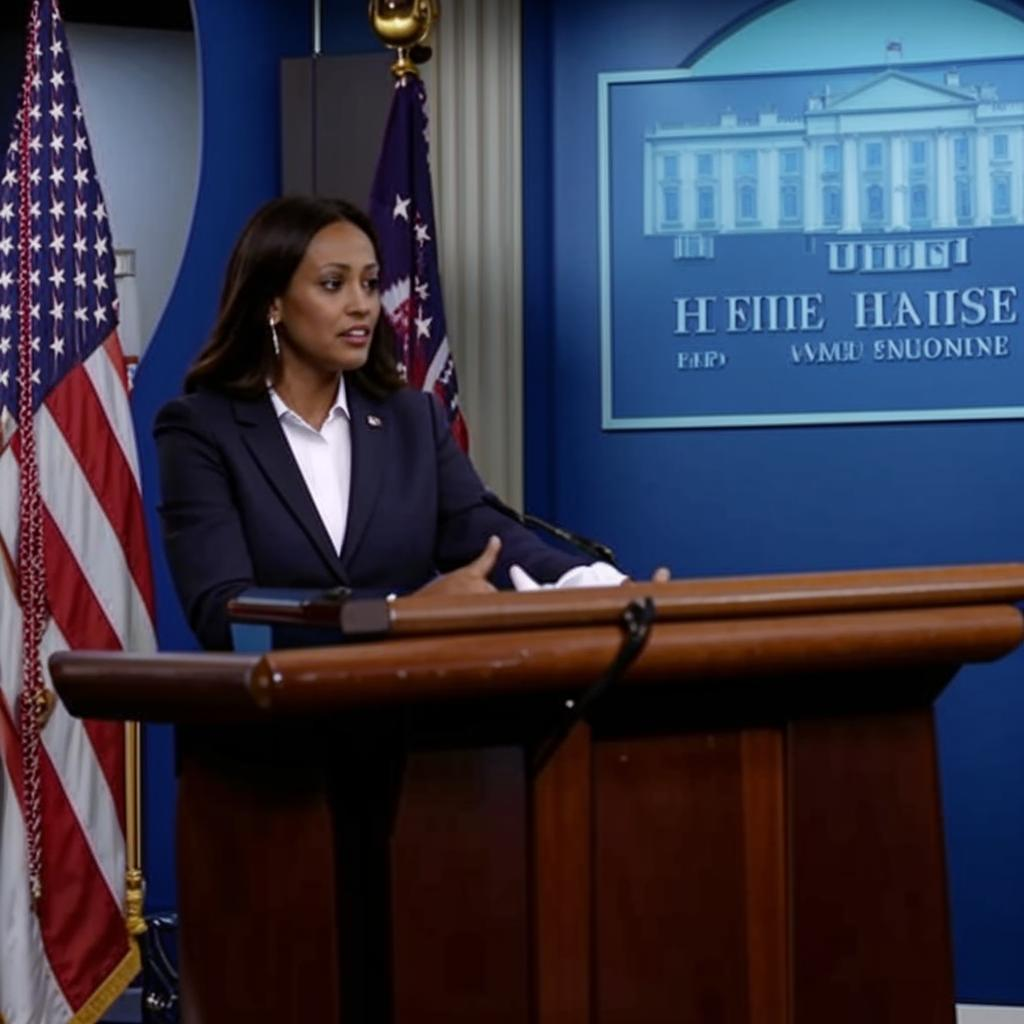China’s expanding economic power is generating anxieties in Western nations. Beijing’s strategic infrastructure investments, assertive trade tactics, and the ambitious Belt and Road Initiative are met with growing skepticism. Concerns revolve around potential debt burdens for participating nations, forced technology transfers, and the possibility of China exerting undue political influence.
While some countries acknowledge China’s positive contributions to global economic growth, others are wary of its potential to disrupt the established international order. The United States and the European Union are actively exploring strategies to counter China’s rising influence. These strategies include strengthening alliances with like-minded countries, promoting fair trade practices, and implementing domestic industrial policies to bolster their own competitiveness.
The debate over how to navigate China’s economic ascendance continues. Finding a balance between engaging with China for mutual economic benefit and safeguarding national interests and democratic values is a complex challenge. The West is grappling with how to manage the risks associated with China’s growing influence while avoiding unnecessary confrontation. The implications of this global power shift will be felt for decades to come.Finishtit












